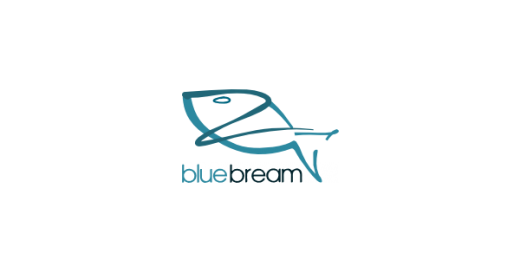10 Best Python Web Development Frameworks
10 Best Python Web Development Frameworks
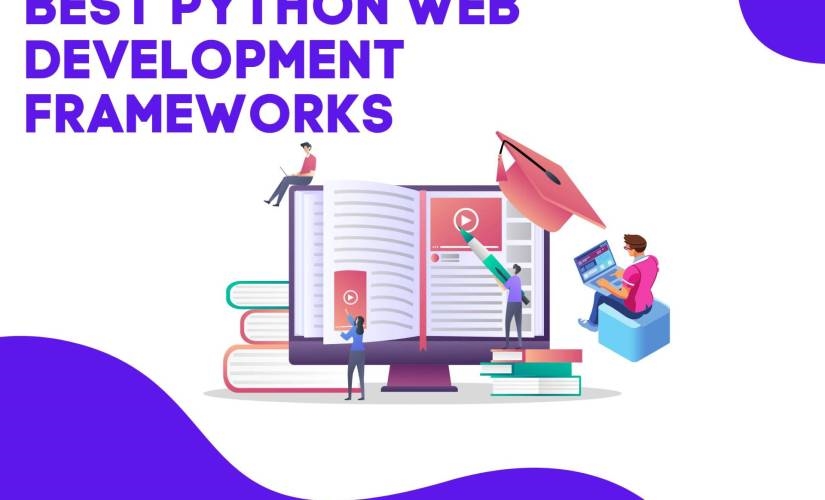
Python is a very popular, versatile, easy-to-learn, and easy-to-use programming language.
It has many uses, including machine learning, data visualization, web development, etc. There are different Python libraries for different tasks.
Python libraries are pre-written code by someone else. It’s a collection of modules that all are related to each other.
This article will discuss the top 10 Python frameworks for web development.
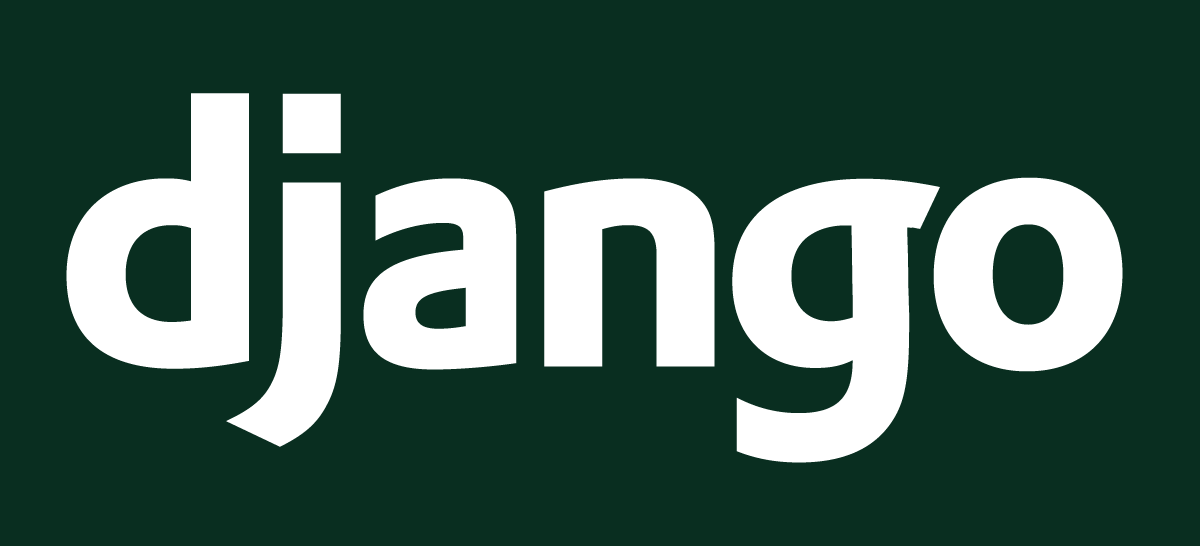
1. Django
Django is one of the most popular web development frameworks written in Python. Google, Instagram, Facebook, etc use Django as their backend framework.
Some Features Of Django
- It is fast compared to other languages for instance PHP.
- Very powerful URL system.
- Built-in database system.
- Different Python libraries can be used easily.

2. Flask
Flask is also a web development framework made using Python. Moreover, many popular websites on the internet use Flask.
A group called Pocoo developed this framework. It’s mostly compared with other programming languages for instance PHP and Flask, etc.
Flask is one of the most lightweight web development frameworks that many companies use.
Some Features Of Flask
- Very lightweight.
- Built-in server and debugger.
- Optimized for more performance.
- Different Python libraries can be used easily.
3. Web2py
Web2py is an open-source web development framework written in Python but it mainly focuses to make websites very quickly.
In addition, it’s a cross-platform framework that walks the user through the test case from code editing to deployment.
Some Features Of Web2py
- Very secure.
- Has MVC architecture.
- Has a cloud-based mechanism.
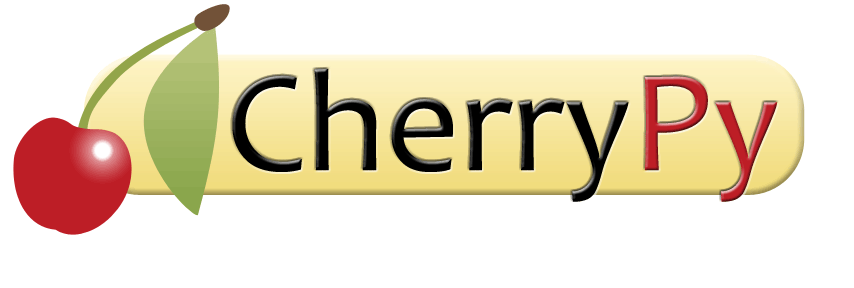
4. CherryPy
CherryPy is a very powerful open-source web development framework. Even after the 10 years of this framework but still, it’s quite fast and stable.
Some Features Of CherryPy
- Powerful configuration system in CherryPy.
- Required no Apache server.
- Has Android support.
5. Pyramid
Pyramid is a lightweight and open-source web development framework. Moreover, it runs on Python 3.0 and above.
It’s a part of the Pylons Project.
Some Features Of Pyramid
- Its documentation is very easy to understand and use.
- Flexible authentication and approval.
- Better performance.

6. Cubic Web
Cubic Web is a free, open-source, full-stack web development framework written in Python and the most important aspect of this framework is its reusability.
Some Features Of Cubic Web
- Integrated RQL.
- Based on an explicit data model.
- Offers support for HTML and XHTML.
7. Pylons
Pylon is a python-based open source web application framework and it improves reusability and splits functionality into separate modules while extending the WSGI standard.
Pylons, such as Django and TurboGears, are among the most recent web application frameworks.
It has some features the same as RubyOnRails but still, it’s not used the same as RubyOnRails.
Some Features Of Pylons
- Has many other frameworks.
- Fast and secure.
- Can work fine with other Python libraries.

8. Bottle
The bottle is also one of the most used Python web development frameworks and it was originally built for making APIs quickly using Python.
Some Features Of Bottle
- It uses a simple syntax that is easy to understand.
- It also templates engine with built-in speed.
- HTTP-related data, cookies, file downloads, and other metadata are all easily accessible.
- CGI framework is based on the WSGI framework.

9. Tornado
This framework is not mostly used as compared to other Python frameworks. But it has some of the best features that any framework for web development should have.
Some Features Of Tornado
- Assistance with translation and localization.
- Supports user authentication and web templates.
- No blocked HTTP clients.
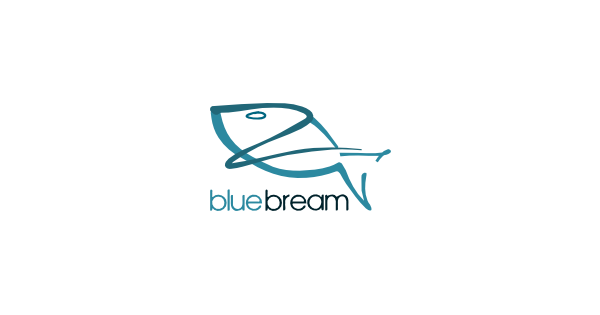
10. BlueBream
BlueBream is an open-source framework, server, and library. Firstly Zoop created it which makes it reliable. Furthermore, it’s based on the Zoop Toolkit (ZTK).
Some Features Of BlueBream
- Interface for the Python Web Server Gateway (WSGI).
- The Zope Component Architecture allows for the creation of strong and reusable components.
- Frameworks for unit and functional testing that are XHTML compatible.
- It automatically generates.
Conclusion
In conclusion, we’ve discussed the 10 best Python web development frameworks which include Django, Bottle, Flask, etc. In addition, many companies for instance Facebook, YouTube, Instagram, Google, etc use these frameworks.
However, it depends on your needs and which framework to use.
The post 10 Best Python Web Development Frameworks appeared first on ReadWrite.
(44)

